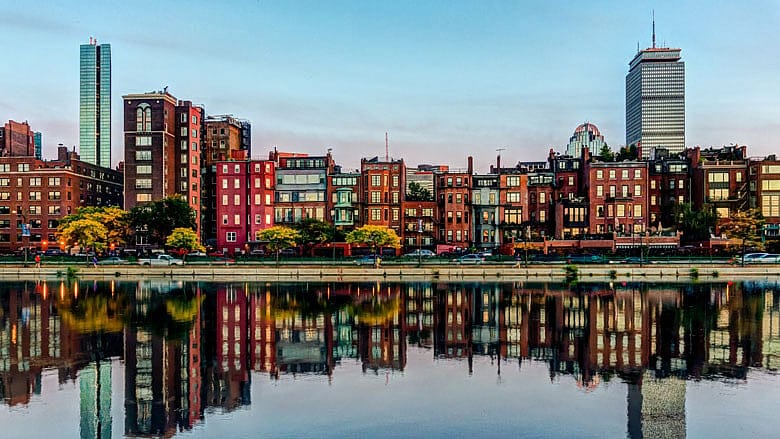City air makes you free

Stadtluft Macht Frei, "city air makes you free," was once a statement of Germanic law: a serf who lived in a city for a year and a day was freed from his obligations to his manorial master. Today, the phrase has a deeper truth, reminding us of how cities enable social, political and economic liberty. Yet too often, public power represses, rather than enables, the free genius of urban creativity.
The original Germanic meaning still has some bite today. The migrant who comes from rural India to Bangalore enters a world in which the strictures of rural life, such as the caste system, essentially vanish. In many poorer countries, rural life still binds with traditional rules enforced by elders who wield the threat of social ostracism. In a city, such threats become toothless because no elder can effectively banish those who misbehave. In Bangalore, a smart software designer, even one with a taste for beef, will always find an employer and new friends.

